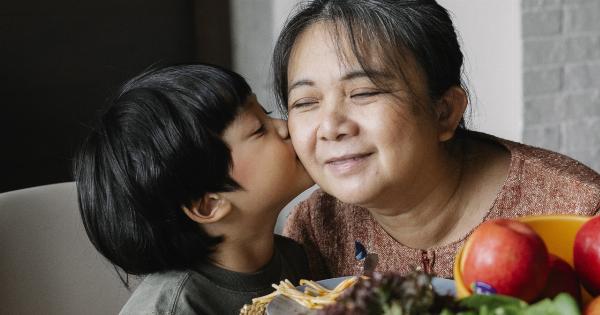Popularity has always been a subject of interest both for kids and adults. Kids often view popularity as an indication of social status, and they strive to be popular to feel accepted and validated by their peers.
However, the impact of popularity on children’s physical and mental health has raised concerns among parents, educators, and health professionals. This article aims to explore the effects of popularity on kids’ physical and mental health and provide insights into how parents and caregivers can help their children navigate through popularity pressures.
Popularity in Kids
Popularity is a complex and multidimensional concept that involves a combination of factors such as social skills, physical appearance, athletic ability, and academic achievement.
Kids who are popular are likely to have a high social status, and they are often viewed as leaders, trendsetters, and role models by their peers. Popularity is not necessarily a bad thing; in fact, it can have a positive impact on a child’s self-esteem, confidence, and social competence.
However, the negative effects of popularity on kids’ physical and mental health cannot be ignored.
The Negative Impact of Popularity on Kids’ Physical Health
The pursuit of popularity can lead kids to engage in unhealthy behaviors that can negatively impact their physical health.
For example, kids may engage in extreme diets, excessive exercise, or use harmful substances such as drugs and alcohol to improve their physical appearance and athletic abilities. Furthermore, kids who are popular may face increased pressure to conform to social expectations, which can lead to stress, anxiety, and sleep disorders.
Research has shown that stress and anxiety can weaken the immune system and increase the risk of physical illnesses such as heart disease, diabetes, and obesity.
The Negative Impact of Popularity on Kids’ Mental Health
Popularity can have a significant impact on kids’ mental health. Kids who are popular may feel a sense of pressure to maintain their social status, which can lead to stress, anxiety, and depression.
Furthermore, kids may experience social exclusion and bullying if they are not part of the popular crowd, which can lead to feelings of loneliness, isolation, and self-doubt. Research has shown that kids who are victims of bullying are at an increased risk of mental health problems such as anxiety, depression, and suicidal thoughts.
How Parents and Caregivers Can Help
Parents and caregivers play a crucial role in helping kids navigate through popularity pressures. Here are some tips on how to help:.
1. Encourage a Healthy Lifestyle
Parents should encourage kids to engage in healthy behaviors such as eating a balanced diet, getting enough sleep, and exercising regularly.
Kids should understand that their physical health is essential, and achieving a certain body type or athletic ability should not be a priority.
2. Teach Coping Skills
Parents should teach kids coping skills such as problem-solving, decision-making, and self-reflection. Kids should understand that they have control over their thoughts and emotions, and they can choose how to respond to social pressures.
3. Promote Inclusivity
Parents should teach kids the value of inclusivity and encourage them to befriend kids who may not be part of the popular crowd. Kids should understand that popularity is not a measure of worth, and everyone deserves to be accepted and loved.
4. Monitor Social Media Use
Parents should monitor kids’ social media use and teach them how to use social media responsibly.
Kids should understand that social media can be a distorted representation of reality, and they should not compare themselves to images and messages they see online.
5. Seek Professional Help
Parents should seek professional help if they notice any signs of mental health problems such as anxiety, depression, or suicidal thoughts. Kids should understand that seeking help is a sign of strength, and there is no shame in asking for help.
Conclusion
Popularity is an intricate concept that can have both positive and negative effects on kids’ physical and mental health.
Parents and caregivers can play a crucial role in helping kids navigate through popularity pressures by encouraging a healthy lifestyle, teaching coping skills, promoting inclusivity, monitoring social media use, and seeking professional help when needed. Kids should understand that popularity is not a measure of worth, and their physical and mental health should always come first.






























